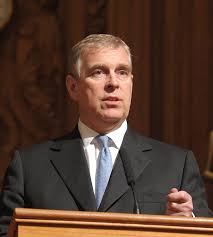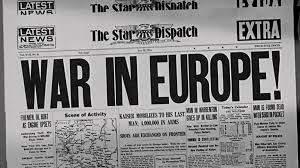The Current State of Play in Global Politics

Introduction
The state of play in global politics is of crucial importance as it informs international relations, economic conditions, and even security measures worldwide. As nations navigate through various alliances, conflicts, and policies, understanding this dynamic landscape is essential for governments, analysts, and the public alike. With recent developments in diplomacy and geopolitical tensions, it is vital to take stock of how these factors influence both the present and future of global affairs.
Key Events Shaping the Landscape
Recent months have seen escalating tensions in various regions that have brought global issues to the forefront. Notably, the ongoing conflict between Russia and Ukraine has significant implications for European security and stability. The West, particularly NATO members, has responded with economic sanctions against Russia while increasing military support for Ukraine. This has led to a divided global response, with some nations aligning closely with Western interests while others, such as China and India, have opted for a more neutral stance.
In the Asia-Pacific region, the rising influence of China has prompted reactions from regional powers. The United States has reaffirmed its commitment to allies like Japan and Australia through military cooperation and economic partnerships aimed at counterbalancing Chinese expansion. The AUKUS alliance, which includes Australia, the UK, and the US, has also been a significant development, symbolising a deeper security commitment in the face of perceived threats from Beijing.
Impact of Trade and Economic Policies
Economically, the state of play is heavily influenced by the ongoing impacts of the COVID-19 pandemic and subsequent supply chain disruptions. Inflation rates have surged in many countries, prompting central banks to reconsider monetary policies. The Bank of England, for instance, has had to enact multiple interest rate hikes to combat inflationary pressures, thereby influencing investor confidence and global markets.
Trade relations are also under scrutiny, especially with discussions surrounding regional trade agreements that aim to stabilise economies post-pandemic. The Comprehensive and Progressive Agreement for Trans-Pacific Partnership (CPTPP) is one example where nations are seeking deeper economic ties in response to shifting dependencies.
Conclusion and Outlook
As we move further into 2023, the state of play in global politics is expected to remain complex and multifaceted. The interplay between national interests and global challenges will continue to pose significant questions for policymakers. With issues such as climate change, migration, and technology governance rising in importance, there is much at stake in the quest for stable and cooperative international relations.
Ultimately, staying informed about these developments is crucial for all. The current state of play will not only influence global political dynamics but also affect individual lives as nations adapt to an ever-evolving landscape.








